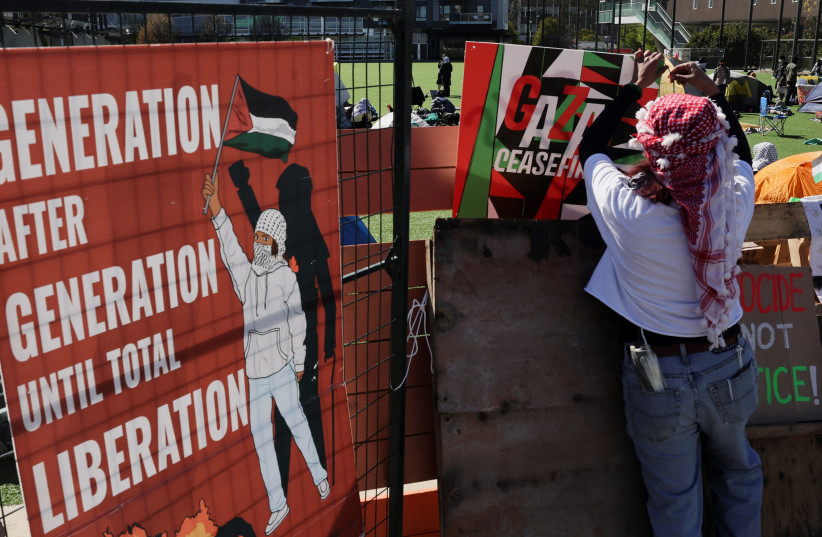B’nai Brith Canada’s Annual Audit of Antisemitic Incidents has released its report for 2023, stating an overall “alarming” 109.1% increase in antisemitic incidents from 2022. The organization noted 5,791 incidents of antisemitism in 2023, the worst year ever recorded in the history of the Audit.
Founded in 1875, B’nai Brith is an organization dedicated to eradicating antisemitism and serves as the voice of Canada’s grassroots Jewish community. They have collated an Annual Audit of Antisemitic Incidents since 1982: an authoritative document on the existence of antisemitism in Canada. Their aim is that the report “furnishes the Jewish community, its allies, and officials across Canada, with a deeper insight into the stark reality facing Jewish Canadians”.
According to the newest audit, violence increased by 208% in 2023, with 77 incidents, as to 25 in 2022. There were also 5252 incidents of harassment in 2023, a 124.4% increase from 2022.
Canada after October 7
On average, the research shows that 16 antisemitic incidents happen every day in Canada. The October 7 Hamas attacks “initiated a paradigm shift”, says the report, making “a climate of incitement [the] new normal”.
B’nai Brith also commented on the importance of defining antisemitism and codifying the IHRA definition with subsequent implementation. In 2023, Newfoundland and Labrador joined Ontario, Manitoba, Saskatchewan, Alberta, New Brunswick, and the federal government by adopting IHRA. However, B’nai Brith stressed that it is “vital that each jurisdiction has a plan for how to implement the definition”.

The IHRA report provides practical guiding examples for how to deal with real-world antisemitic incidents and crimes, states the audit.
The audit goes into detail regarding specific incidents of violence, harassment and abuse towards Canada’s Jewish community, including photos, testimonies and screenshots.
One such example is an account of vandalism: “[Our office] was vandalized, the Jewish Mezuzah was ripped from the front of our office where it hung for over 20 years.”
Today, as B'nai Brith Canada launched its Annual Audit of Antisemitic Incidents, we unveiled a sobering truth: in 2023, there were a staggering 5791 incidents of antisemitism, marking a chilling 109% surge from the previous year's 2769 cases. This is more than double the previous… pic.twitter.com/6c3t2BakkH
— B'nai Brith Canada (@bnaibrithcanada) May 6, 2024
" alt="">
Threats of violence were also prolific, such as the message one Jewish Canadian received saying “Roses are red, violets are blue, there are millions of Canadians who want to kill you. [...] Be very cautious Nili. Lock those doors at night.”
Some of the biggest antisemitic trends are comparisons of Jews to Nazis and the visual replacement of the Star of David in the Israeli flag with a swastika.
On campus
College campuses have been the site of multiple incidents, according to the audit. One student organization at a Toronto Law School “voiced their support for Hamas’ violent resistance against Israel.” The Audit also stated that antisemitic “Boycott Divestment, Sanctions (BDS) measures [were] passed by student governments at McGill and the University of British Columbia” as well as studies being interrupted by pro-Palestinian protests.
“The frequency of antisemitic protests, posters, and vandalism on campuses has also increased unacceptably. For example, mezuzahs have been torn off doorways at Queen’s University, hostage posters torn down at Western University and the University of Guelph.”
The report also noted the striking trend of AI being used to generate antisemitic content; “2023 has witnessed an unprecedented rise in antisemitic images and videos which have been created or doctored and falsified using AI.
B’nai Brith concludes: “We cannot combat the scourge of antisemitism alone. Preventative measures need to be implemented and tangible support needs to be offered by those with the ability to do so across the country”.
